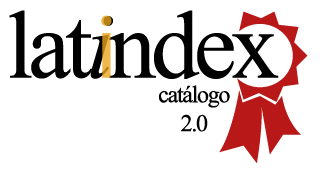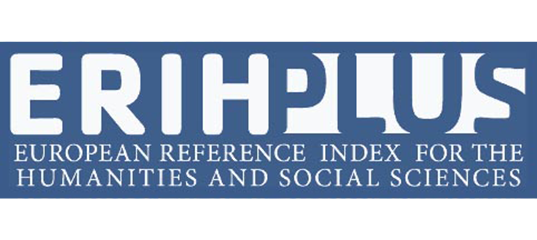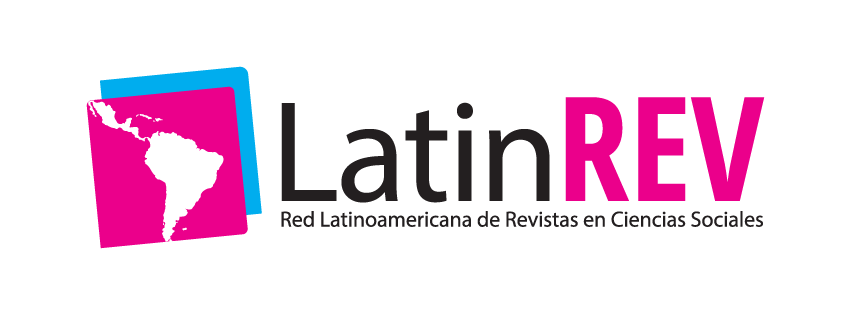Inventory Simulation Model based on Particle Swarm Optimization Algo-rithm (PSO) to minimize costs for the sale of perishable products
Abstract
The objective of this study is to minimize the cost of sales of the “Fruta Bar” business, due to the high rates of economic loss due to the disposal of raw material due to its expiration. This problem arises from the empirical management that is given to the inventory, requesting replenishment every certain period of time, but without anticipating the variation that could arise in the sales process, thus achieving a surplus of raw material that, not being used during its lifetime, it should be discarded. To fulfill the purpose of the study, a model is developed whose implementation includes the use of the PSO (Particle Swarm Optimization) algorithm, which stimulates the demand for products from 2020 taking as a reference the volume of sales from the years 2017 to 2019. Results reflect the minimization of approximately 20% of sales costs and also demonstrate that metaheuristic methods such as the PSO algorithm, imitate behaviors observed in real life and that, being related to Artificial Intelligence, offer a vision of what It could happen in the future.
Downloads
Metrics
References
Botero Rojas, N., & others. (2013). Metodología para la solución de un caso empresarial del sector manufacturero a través de la simulación. Universidad Ean.
Cevallos-Torres, L., & Botto-Tobar, M. (2019a). Case study: Logistical behavior in the use of urban transport using the monte carlo simulation method. In Problem-Based Learning: A Didactic Strategy in the Teaching of System Simulation (pp. 97–110). Springer.
Cevallos-Torres, L., & Botto-Tobar, M. (2019b). Case study: Probabilistic estimates in the application of inventory models for perishable products in SMEs. In Problem-Based Learning: A Didactic Strategy in the Teaching of System Simulation (pp. 123–132). Springer.
Escobar, J. W., Linfati, R., & Adarme Jaimes, W. (2017). Gestión de Inventarios para distribuidores de productos perecederos. Ingeniería y Desarrollo, 35(1), 219–239.
Ignacio, J., Morcela, O., Esteban, A., García, N., & Mortara, V. (2012). Medición del Rendimiento Esperado de un Nuevo Modelo de Gestión de Stock Mediante Simulación Monte Carlo. In I Congreso Argentino de Ingeniería CADI 2012-VII Congreso Argentino de Enseñanza de la Ingeniería CAEDI 2012.
Isabel, S. L. M. (2017). Estudio de los factores que inciden sobre la gestión de inventarios en las PYMES mediante el uso de lógica difusa y simulación Montecarlo. Universidad De Guayaquil. Facultad De Ciencias Matemáticas Y Físicas.
López-Sánchez, A. Y., González-Lara, A. L., & Alcaraz-Corona, S. (2019). Simulación para la optimización de la producción de ejes en la línea de ensamblaje de una empresa de manufactura. Ingeniería, Investigación y Tecnología, 20(1), 0.
Panchi-Mayo, V. P., Armas-Heredia, I. R., & Chasi-Solórzano, B. F. (2017). Los inventarios y el costo de producción en las empresas industriales del Ecuador (revisión). Roca. Revista Científico-Educacional de La Provincia Granma, 13(4), 254–264.
Quijaite, J. J. S., & Apaza, G. M. (2014). Modelo de Simulación de Inventario basado en Redes Neuronales Artificiales Supervisadas y Algoritmos Genéticos para Optimizar el Stock de Medicamentos de la Clínica Ricardo Palma. REVISTA CIENTÍFICA INGETECNO, 2(1).
Reino, C. (2014). Propuesta de un modelo de gestión de inventarios, caso ferretería almacenes Fabián Pintado.
Rivera, J. J., Brizuela, L. G., Oviedo, M. E., & Neves, G. A. Das. (2015). Probabilidades de beneficio en la cotización del suministro de mezcla asfáltica mediante simulación de Monte Carlo. Revista Cubana de Ingeniería, 6(2), 35–41.
Rodríguez Lepineux, J. C., & others. (2015). Propuesta de un modelo de optimización de inventarios. Caso específico Empresa Hincapie Sportswear.
VELÁSQUEZ, G. (2015). Propuesta de un sistema de administración de inventarios en la comercializadora y reparadora de calzado recordcalza cia. Ltda. Ingenieria En Contabilidad y Auditoria.
PDF (Español (España)) 603 HTML (Español (España)) 63
Authors maintain the rights to the articles and are therefore free to share, copy, distribute, execute, and publicly communicate the work on their personal websites or in institutional deposits, after its publication in this journal, as long as they provide bibliographic information that certifies its publication in this journal.
The works are under one https://creativecommons.org/licenses/by-nc-nd/4.0/




























